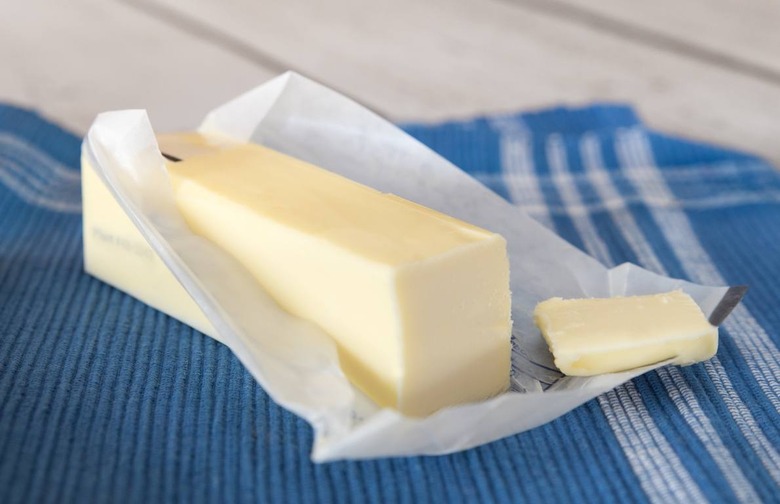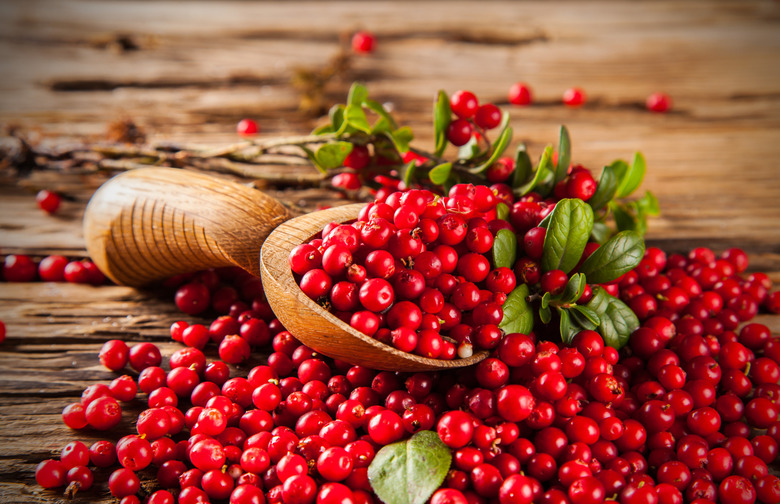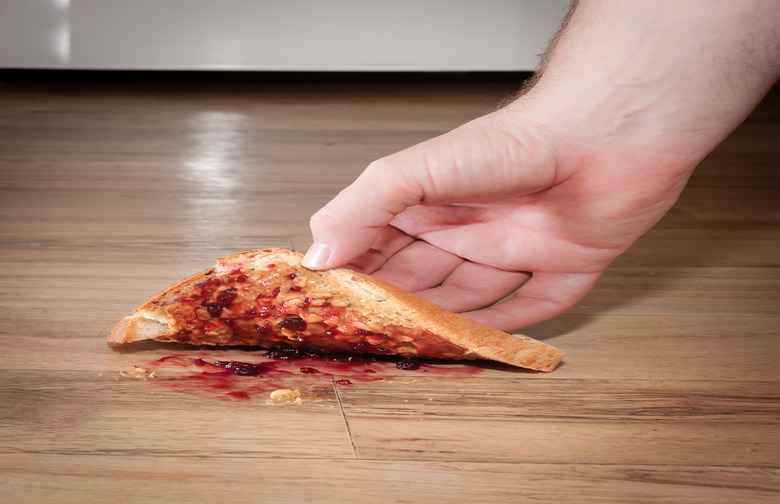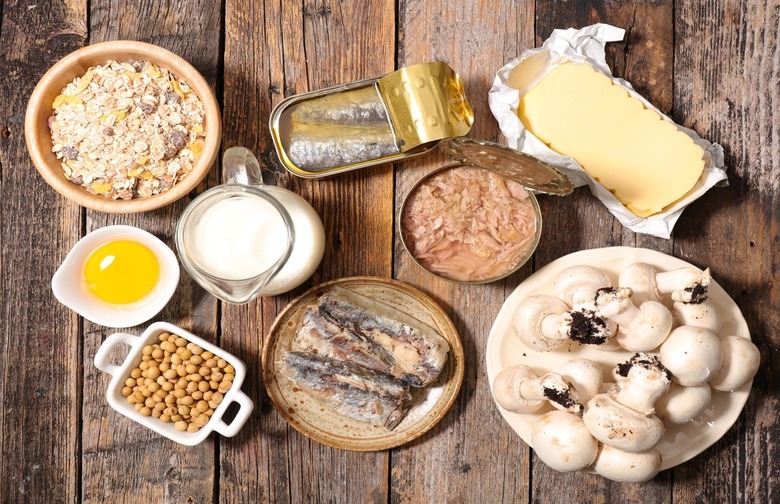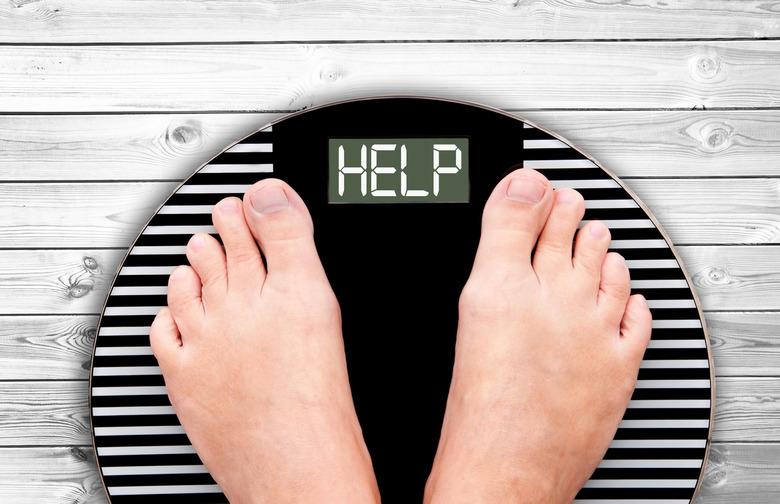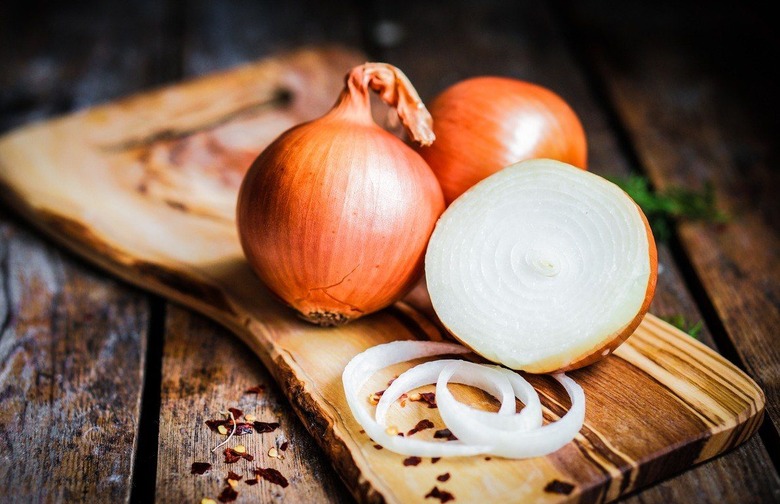The Best And Worst Health News Of 2016 Slideshow
A person's body mass index (weight in kilograms/meters squared) is the current metric used to evaluate whether a person is considered to be at a healthy weight, but a new study suggested that this measurement might not be the most accurate indicator of overall health. Janet Tomiyama, the study's lead author, says that based on available cardiometabolic health data (a more accurate gauge of overall health that measures blood pressure, cholesterol, glucose, insulin resistance, triglycerides, and inflammation), BMI is misclassifying nearly 75 million Americans as healthy or unhealthy, which results in inflated health care costs for perfectly healthy individuals.
Butter Isn’t as Bad as Sugar
This past year was without a doubt a comeback year for fats. TIME magazine published a piece exonerating butter, calling it "better than sugar, but worse than olive oil" for your health, while The New York Times released an exposé explaining how in the 1960s, the sugar industry paid scientists to shift the blame for heart disease away from sugar and toward saturated fat. Currently, the American Heart Association warns that a diet high in added sugar can substantially increase a person's risk of dying from heart disease.
Cranberry Juice Doesn't Help Cure Urinary Tract Infections,
Contrary to popular belief, the cranberry juice commonly found on grocery store shelves is ineffective at preventing urinary tract infections. Cranberries do in fact contain compounds that defend against bacterial infection in the bladder wall, which can help prevent UTIs, but cranberry juice doesn't have a high enough concentration of these compounds to do much good. In order for a noticeable reduction in bacterial adhesion, a person would have to consume at least 32 ounces of cranberry juice daily.
The “Five-Second Rule” Was Disproved
Is nothing sacred? The "five-second rule" holds that if a piece of food falls on the ground, but is picked up within five seconds, it's still "safe" to eat. Researchers from Rutgers University tested the amount of bacteria picked up by different foods being dropped on different surfaces for various time frames, ranging from one to 300 seconds. Though the results of the experiment didn't explicitly disprove the five-second rule, it did conclude that food with higher moisture content could be contaminated by bacteria instantaneously.
Frequent Consumption of Splenda Was Linked by One Study to Leukemia
Artificial sweeteners found in diet sodas and low-calorie candies have been linked to diabetes, weight gain, and headaches, but a new study published by the watchdog nutrition group Center for Science in the Public Interest has linked daily consumption of sucralose (more commonly known as Splenda) to a heightened risk of leukemia. The study was conducted on rats that were fed the equivalent of 10 diet sodas a day. Splenda has since responded to the results of the study claiming that sucralose has been extensively researched for over 20 years, and that the USDA, FDA, and World Health Organization have not detected a link between sucralose and cancer.
Live Music Relieves Stress
There's evidence proving that live music reduces stress. Researchers took saliva samples from 117 concert-goers — once before the performance and once again after an hour into the performance — in order to analyze their levels of two stress-related hormones, cortisol (also known as the fight-or-flight hormone) and cortisone. The results showed significant reductions in both hormones after the study participants listened to the music.
More Vitamin D Reduces Risk of Cancer
It's time to get more sunshine; recent evidence showed that the chances of developing cancer increased with lower levels of vitamin D. A study conducted by a professor at the University of California San Diego School of Medicine demonstrated that the trial participants whose intake of vitamin D was 40 nanograms per milliliter or higher had a 67 percent lower risk of cancer risk. But while sunshine provides your body with vitamin D, too many UV rays can lead to sunburn and melanoma.
Obesity Ties Cancer as Top Perceived Health Threat
A survey conducted by the American Society for Metabolic and Bariatric Surgery and the University of Chicago found that 81 percent of Americans now consider obesity to be the greatest health threat facing the country, tying it with cancer and putting it ahead of heart disease, diabetes, and mental illnesses.
Onion Compound Suppresses Ovarian Cancer Cell Growth
Epithelial ovarian cancer (EOC) is the most common type of ovarian cancer, but it's also one of the deadliest with a five-year survival rate of only around 40 percent. Relapse rates for chemotherapy treatments for EOC are high (around 80 percent), but scientists have discovered a potential cure in a natural compound found in onions called onionin A. Studies on mice showed that oral doses of onionin A reduced ovarian cancer tumor growth and increased their life spans.

